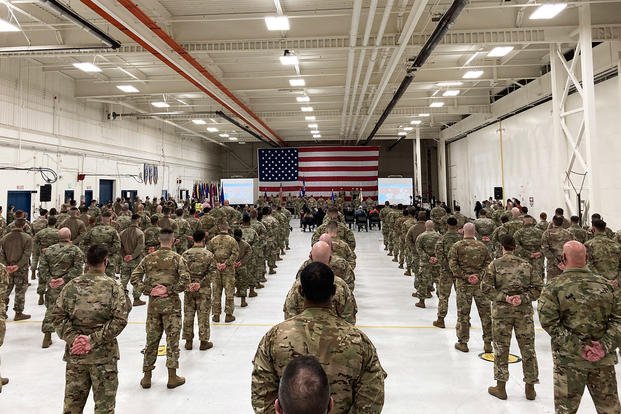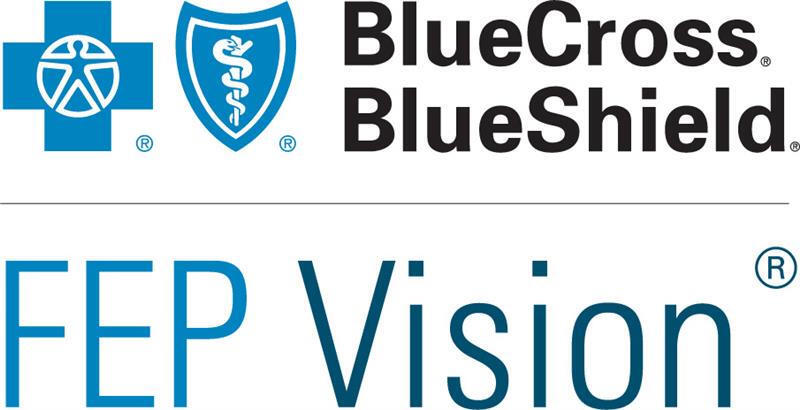Of the about 200,000 service members who leave the military each year, the vast majority receive an honorable discharge. But those who receive other than honorable discharges often bear the stigma of a 'bad paper' discharge and the potential loss of veteran benefits, including health care, disability compensation and education benefits like the post-9/11 GI Bill.
An outreach effort launched by the Department of Veterans Affairs (VA) in 2021 looks to let veterans with other than honorable discharges know they may still be eligible to receive VA benefits and health care. They can also request an upgrade to their discharge status through the Department of Defense (DoD).
That's because many veterans who received other than honorable discharges did so for reasons that now may not negatively impact their VA eligibility status. These include sexual orientation, gender identity, HIV diagnosis, mental health conditions and the effects of traumatic brain injury, sexual assault or harassment.
LGBTQ+ Military Discharge Review
While LGBTQ+ service members can openly serve today, many military personnel were "involuntarily separated" from the military over the 70 years between World War II and the 2011 repeal of the policy known as Don't Ask, Don't Tell.
In September 2021, VA officials announced claims adjudicators would begin a special review, searching for all discharged service members who were separated based on their sexual orientation, gender identity or HIV status and ensuring that they have veteran status.
"Given that large numbers of LGBTQ+ Veterans who were affected by previous homophobic and transphobic policies have not applied for a discharge upgrade due to the perception that the process could be onerous, we are hopeful that this policy statement encourages more of them to contact VA to determine their eligibility for care and services," Kayla Williams, assistant secretary in the office of public and intergovernmental affairs at VA, said in a statement.
Veterans who received less than honorable discharges due to their sexual orientation can apply to DoD for a discharge upgrade.
Although many veterans discharged under Don't Ask, Don't Tell received discharges that are deemed "general -- under honorable conditions," they still may not qualify for certain benefits such as VA education benefits. But that does not mean they are barred from all VA benefits.
VA officials said those veterans should apply for disability benefits if they are suffering from conditions that are related to their service. They don't need an upgraded discharge to receive benefits and health care, based on that kind of general discharge. Current VA policy gives them veteran status when a DD-214 shows "GEN" or "UHC" as the discharge reason.
Veterans who received an "other than honorable" discharge because of their HIV status are also eligible for VA benefits, VA officials announced. That eligibility is determined through the Veterans Benefits Administration's character of discharge review process and does not require a discharge upgrade.
Dishonorable Discharge After PTSD or TBI
Finally, military personnel who received bad paper discharges for infractions stemming from so-called invisible wounds such as post-traumatic stress disorder (PTSD) and traumatic brain injury (TBI) may also be able to receive a discharge upgrade.
About 51,400 less than honorable discharges have been issued since about 2010, according to the Pentagon. Veterans advocate groups today estimate that about 22,000 of these veterans have experienced mental health problems that could be linked to PTSD and TBI, and may be eligible for an appeal.
Each military service has its own discharge review board, which can change or correct any discharge or dismissal unless it results from a court-martial. The directive guiding PTSD- or TBI-based appeals has been in place since 2014, when then-Secretary of Defense Chuck Hagel told service discharge review boards to give "liberal consideration" to veterans diagnosed with those conditions during their time of service.
How to Get a Dishonorable Discharge Upgrade
If you feel you have a strong case for a discharge upgrade, you will need to show your discharge was connected to one of the following:
- Mental health conditions, including post-traumatic stress disorder (PTSD)
- Sexual assault or harassment during military service (referred to by VA as military sexual trauma or MST)
- Traumatic brain injury (TBI)
- Sexual orientation
- Gender identity
A tool on the VA's website can help you move through the discharge recharacterization process. An interactive questionnaire walks you through the upgrade process, gives information on where to apply, what forms are required and where to send the application by answering a few questions.
Depending on the complexity of your case, you may want to enlist the help of a veteran service organization (VSO) that can help you collect and submit your documentation.
How Veterans with Other Than Honorable Discharges Can Get VA Health Care
Veterans with other than honorable (OTH) discharges can apply now for health care and may receive treatment while VA reviews your application. The VA may treat you for:
- Your VA-rated, service-connected disability
- Any conditions related to sexual assault or sexual harassment experienced during your service
- Mental or behavioral health, if you served at least 100 days in the military and served in a combat theater or piloted a drone in a combat theater
- Any mental health issues related to your service if you're in distress or crisis
Veterans who believe that their disabilities are due to military service but have received OTH discharges can also come to the VA for a review of their discharge records. In many cases, they may be considered "honorable for VA purposes" and still be eligible for certain benefits and health care.
Veterans should file a VA Form 21-526EZ if applying for disability benefits for the first time or a VA Form 20-0995 if they are reapplying for these conditions. To apply for benefits, veterans can visit choose.va.gov or call toll free at 800-827-1000.
Stay on Top of Your Veteran Benefits
Military benefits are always changing. Keep up with everything from pay to health care by subscribing to Military.com, and get access to up-to-date pay charts and more with all latest benefits delivered straight to your inbox.














